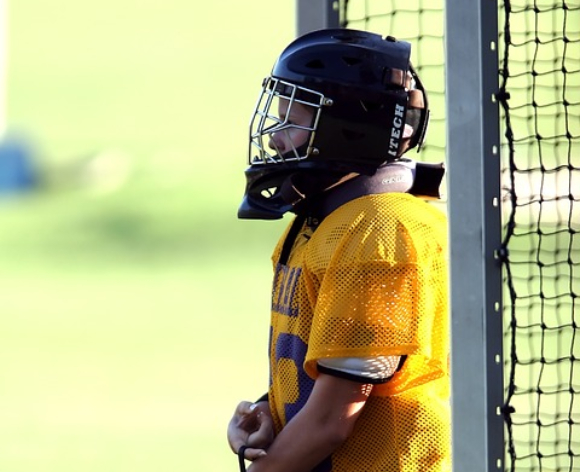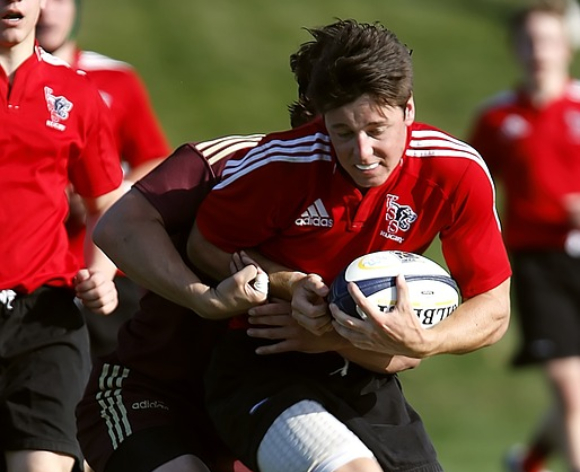
Field Hockey
Choosing appropriate hockey equipment is essential to prevent serious injuries. Field hockey goalies need to wear way more extra protective gear than any player. The kit includes a helmet with a cage to protect the face, leg pads, chest pad, and kicker covers on the shoes. The goalies also wear neck protectors and carry a stick throughout the match like other field hockey players. Moreover, the goalies need to drink sufficient water as the weight of the gears and heat and can cause dehydration.

Swimming
Experts recommend swimming equipment for everyone, especially for beginners to avoid the harmful effects of water. It is essential to use earplugs to block water from entering the ear canal during swimming. Some swimmers also like to use nose clips to stop water from entering the nose. Pools usually contain high levels of chlorine and other chemicals to control the algae growth and keep the water free of bacteria. Thus, a person needs goggles and swims caps to protect the hair and eyes.

Baseball
In this game, a player needs more than safety equipment than just catcher's glove and batting helmets. Faceguards is also essential to cover the lower part of the face from the nose to the chin to protect the facial bones and teeth. A player also needs to wear sunglasses, padded sliding pants and batting gloves to improve grip on the bat as well as reduce the risk of the blisters. Other equipment like protective cups, knee savers and elbow pads are also necessary.

Basketball
The appropriate basketball equipment will maximise a player’s safety during matches. A player needs proper shoes to stay away from sprains, ankle sprains and other injuries that are pretty common in basketball. Moreover, players must use protective pads to shield the knees and elbows from bruises. Players also need to protect their teeth from an opponent’s head or elbow by wearing a mouth guard on the court. Also, baskets and backboards should be adequately padded.

Australian Football
The protective equipment that player use in Australian football is mouth guards and head guards to prevent injuries. Mouth Guards act as a shield that could protect your teeth in a collision with the playing surface or another player. It will not avoid damage to the gums, jaw, lips or teeth, but reduce the amount of impact. Head Guards are not common among adults, but parents force their children to wear headgear. School managements have made it compulsory for all players.

Cricket
Protective gears are essential in cricket to ensure the safety of the players during a match. Batsmen and keepers need abdomen guard, also known as a box, abdo guard or cup. This protects the players against the impact of the ball hitting the body. The batsmen and wicket keepers also wear Leg pads to protect their shins. A helmet is worn by batsmen, keeper and some fielders to protect their heads. Batsmen also wear thickly padded gloves to protect the fingers.